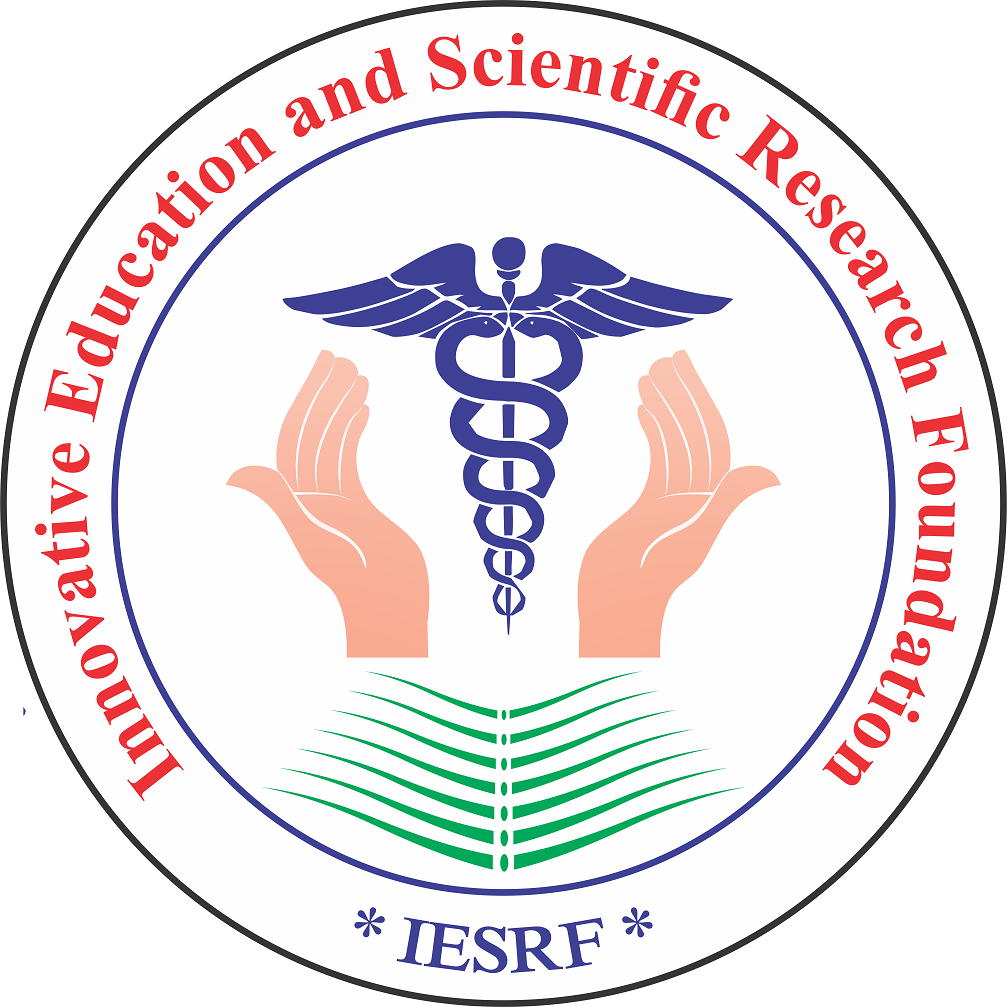Congenital Talipes Equinovarus (CTEV), or clubfoot, is a prevalent congenital musculoskeletal deformity in India, affecting 1–2 per 1,000 live births. While the Ponseti method has improved treatment outcomes, the psychosocial impact on patients and families remains a significant challenge, particularly in rural areas. Children with untreated or residual deformities often face stigma, bullying, and social exclusion, leading to low self-esteem, anxiety, and depression. Parental distress, especially among mothers, is exacerbated by societal blame, misinformation, and financial strain due to treatment costs and long-term follow-ups. Limited awareness and inadequate psychological support further hinder early intervention and adherence to treatment. Studies from India indicate that integrating psychological counseling with orthopedic care, strengthening community outreach, and addressing cultural misconceptions can alleviate the psychosocial burden. NGOs like Cure India and MiracleFeet have played a crucial role in improving access to treatment and reducing stigma, yet gaps persist in mental health support and social reintegration. A multidisciplinary approach involving public awareness campaigns, community-based rehabilitation, and comprehensive psychosocial support is essential to improving the overall quality of life for CTEV patients and their families in India.
Keywords: Orthopaedic, Social, Psychosocial.
